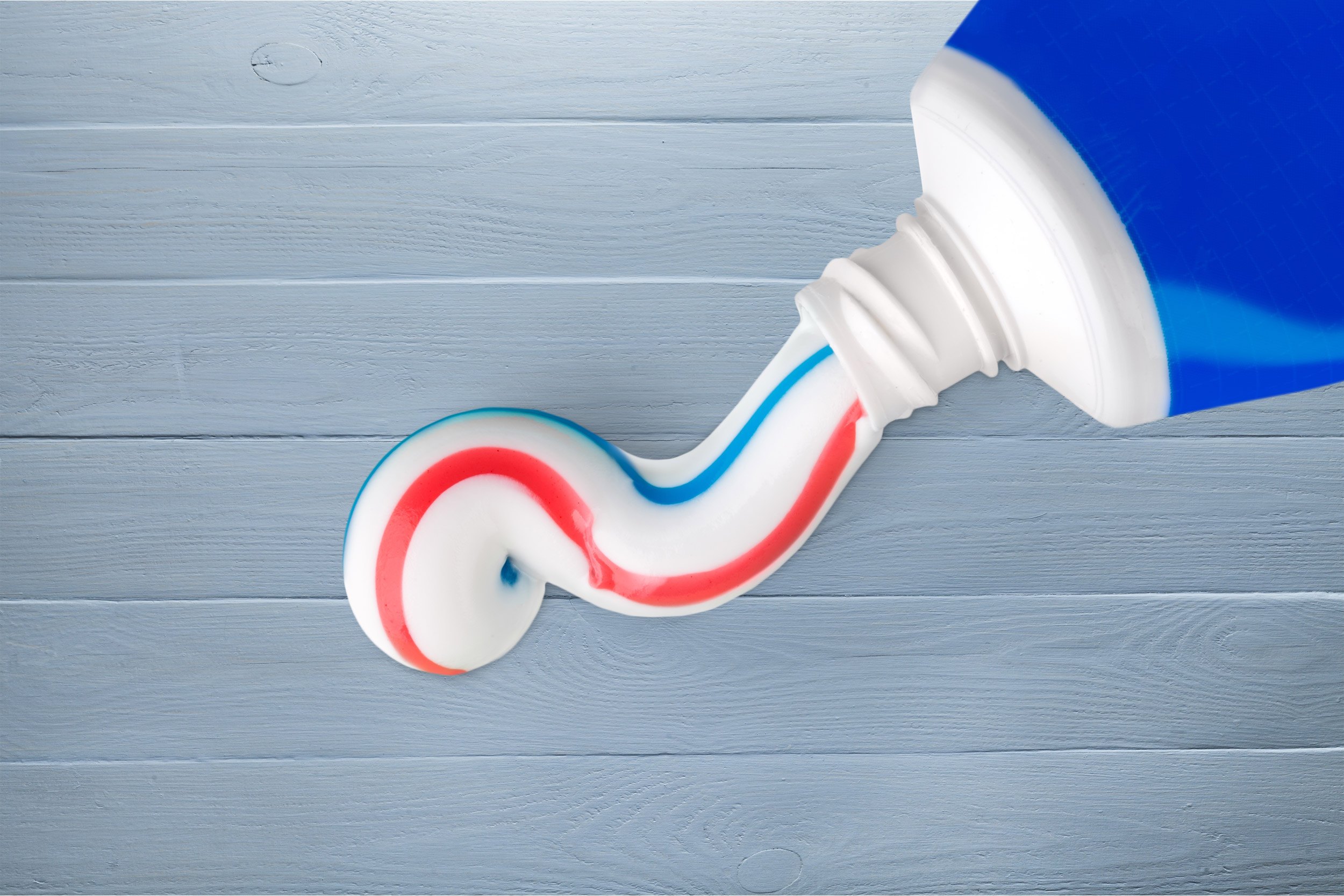(Natural News) Is a common antimicrobial ingredient contributing to antibiotic resistance in superbugs? According to a study conducted by researchers from the University of Birmingham and Norwich Research Park, that may very well be the case. Through their collaborative efforts, the scientists discovered that triclosan, a chemical used in antibacterial soap, toothpaste, and other personal care products, is making bacteria more immune to antibiotics. To be more exact: bacteria that have been exposed to triclosan were found to be resistant to quinolone antibiotics, reported DailyMail.co.uk.
Quinolones are a group of common antibiotics that are typically used to treat pneumonia, urinary tract infections (UTI), bronchitis, and sinusitis. These antibiotics kill the bacteria that cause these conditions by targeting an enzyme necessary for DNA replication. By preventing that particular strain of DNA from being replicated, the bacteria are unable to divide and then die.
However, the researchers found that bacteria are capable of evolving self-defense mechanisms that make them more resistant to quinolones. One such self-defense mechanism involves mutations that make it more difficult for quinolones to destroy the enzyme involved in DNA replication. These mutations, in turn, also make the bacteria more resistant to triclosan.
Lead study author Dr. Mark Webber stated that the opposite could very well happen: triclosan exposure could result in antibiotic-resistant bacteria.
Related: Heal Cavities, Gum Disease, Naturally with Organic Oral Care – Toothpaste Recipes Included
The phenomenon is known as “cross-resistance”, wherein exposure and resistance to one substance can result in bacteria growing immune to another, similar substance. Webber and his team observed this in Escherichia coli, which are bacteria that are harmless for the most part, but can cause abdominal cramps and bloody diarrhea in more extreme cases.
“The link between quinolone and triclosan resistance is important as triclosan has become ubiquitous in the environment and even human tissues in the last 20 years,” study co-author Professor Laura Piddock remarked of their findings.
Piddock then added: “Given the prevalence of triclosan and other antimicrobials in the environment, a greater understanding of the impact they can have on bacteria and how exposure to these antimicrobials may impact the selection and spread of clinically relevant antibiotic resistance is needed.”
Related: The Toxic Toothpaste Ingredients That You Need To Avoid For Good Oral Health
How to avoid triclosan
In addition to promoting antibiotic resistance, triclosan has been linked to weakened immune systems, reproductive toxicity, and uncontrolled cell growth, the study recently discovered. Moreover, soaps that used triclosan as an ingredient were found to be no more effective at killing bacteria than regular soap, resulting in triclosan being banned in the United States. Although triclosan has been banned by the U.S. Food and Drug Administration (FDA) and the European Union (EU), it can still be found in some soaps, toothpastes, and other household products. Thankfully, minimizing exposure to triclosan is easy to do. Here are some ways to do that:
- Read the label. Any product that contains triclosan will say so on the list of ingredients.
- Steer clear of antibacterial products. Anything labeled “antibacterial” or “germ-killing” more often than not contains triclosan. Opt for organic personal care products as much as possible. Soaps that are naturally antibacterial will contain thyme essential oils, tea tree essential oils, grapefruit essential oils, or other essential plant oils.
- Watch out for triclocarban. This is a common antibacterial compound in solid bar soaps. Like triclosan, triclocarban is a hormone disruptor, and should be avoided at all costs.
Visit MindBodyScience.news for even more stories on health.
Recommended Reading:
- How to Detoxify From Antibiotics and Other Chemical Antimicrobials
- Detox Cheap and Easy Without Fasting – Recipes Included
- How to Detoxify and Heal the Lymphatic System
